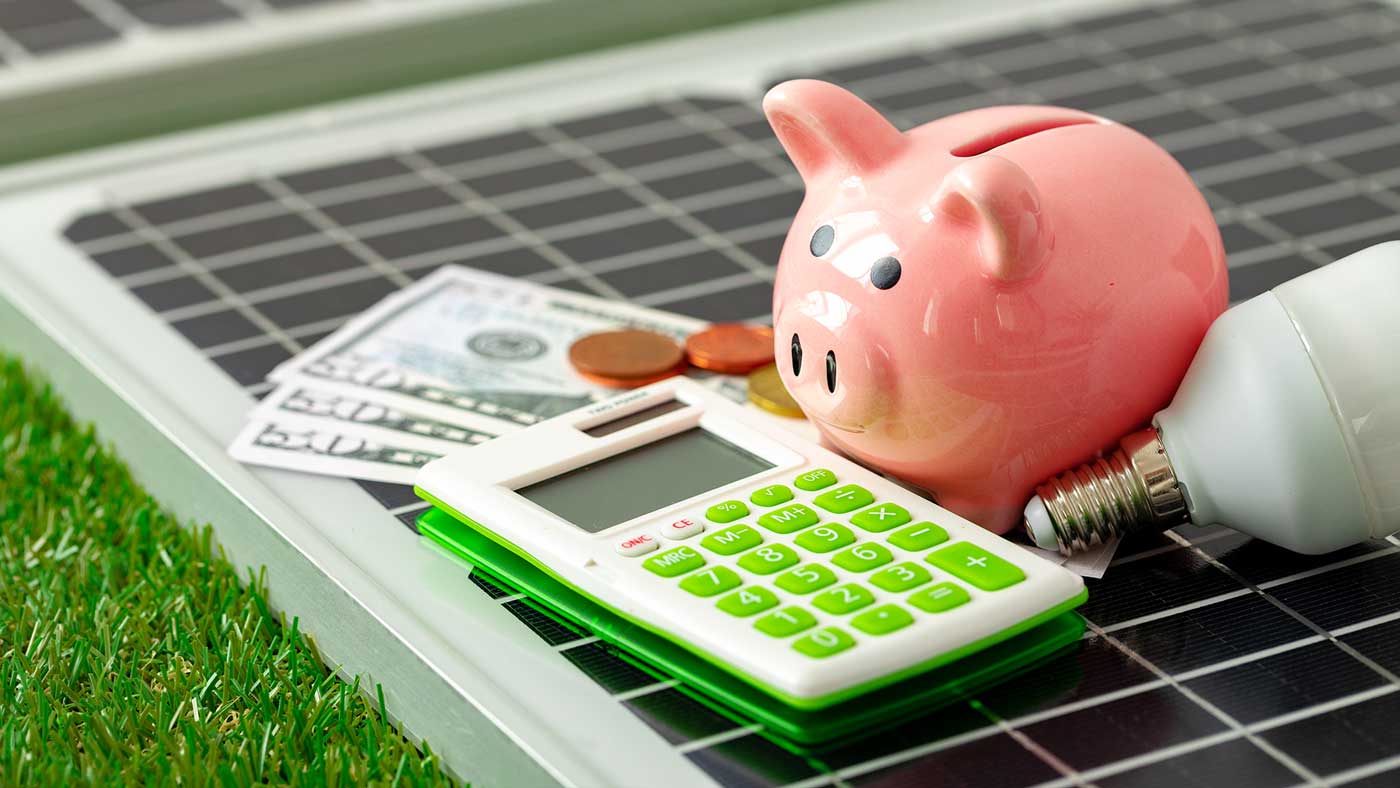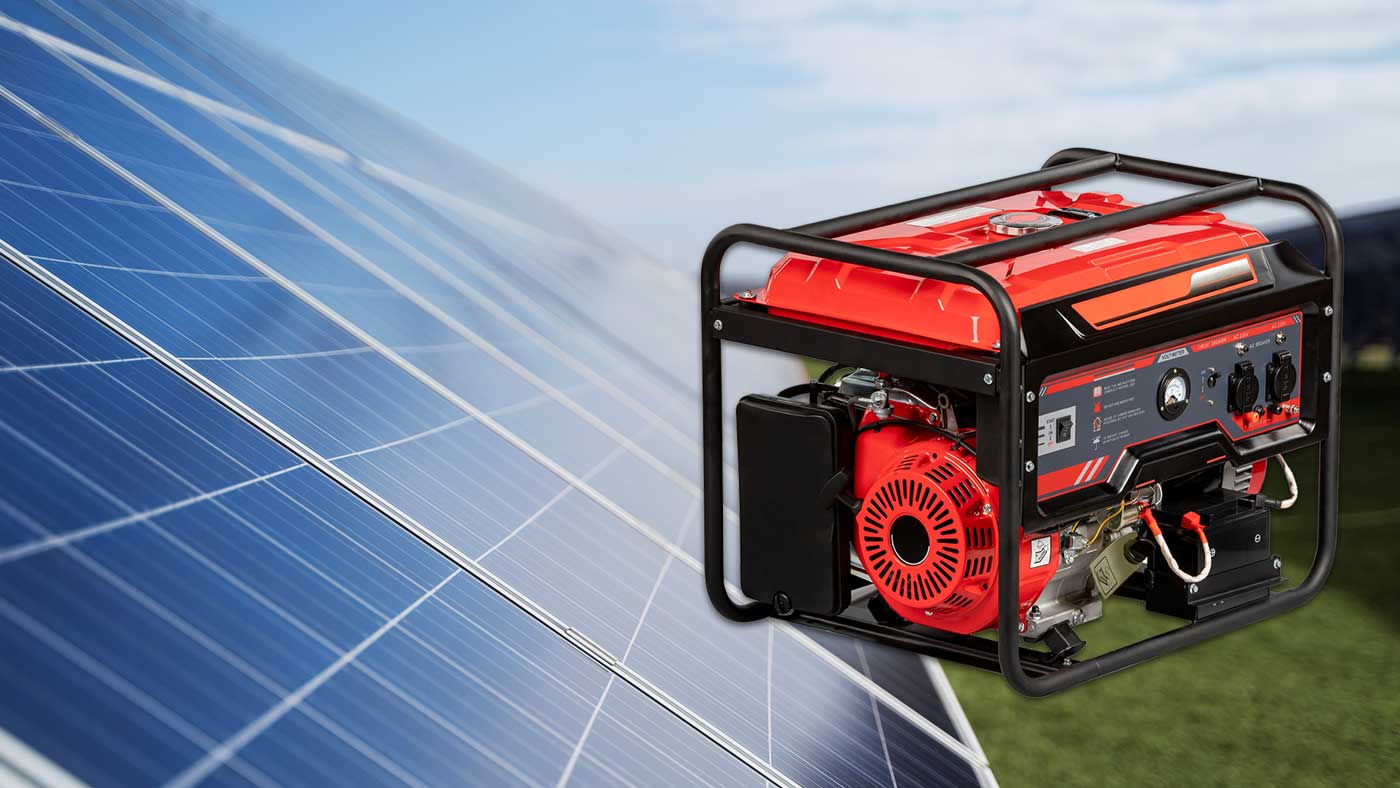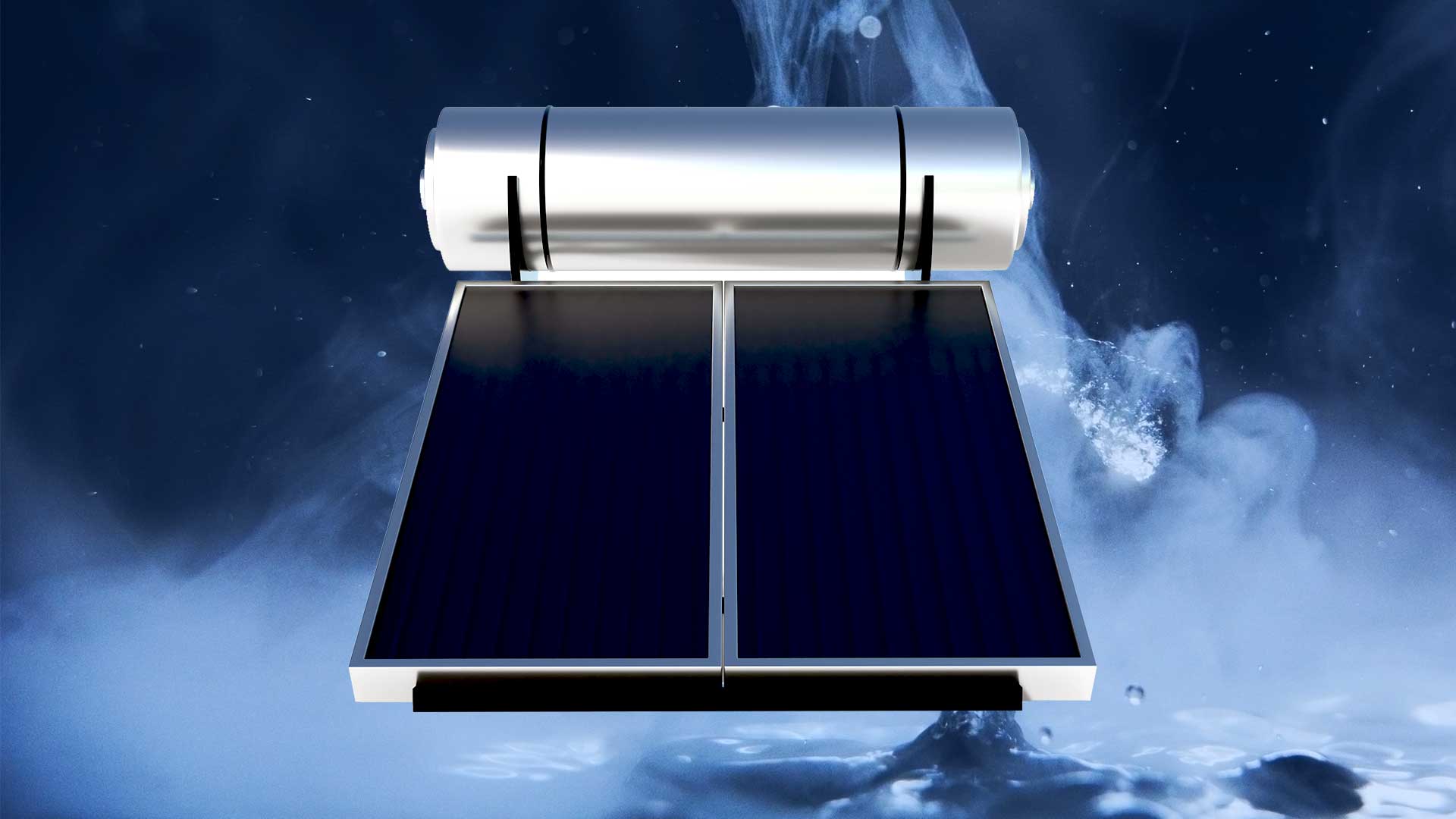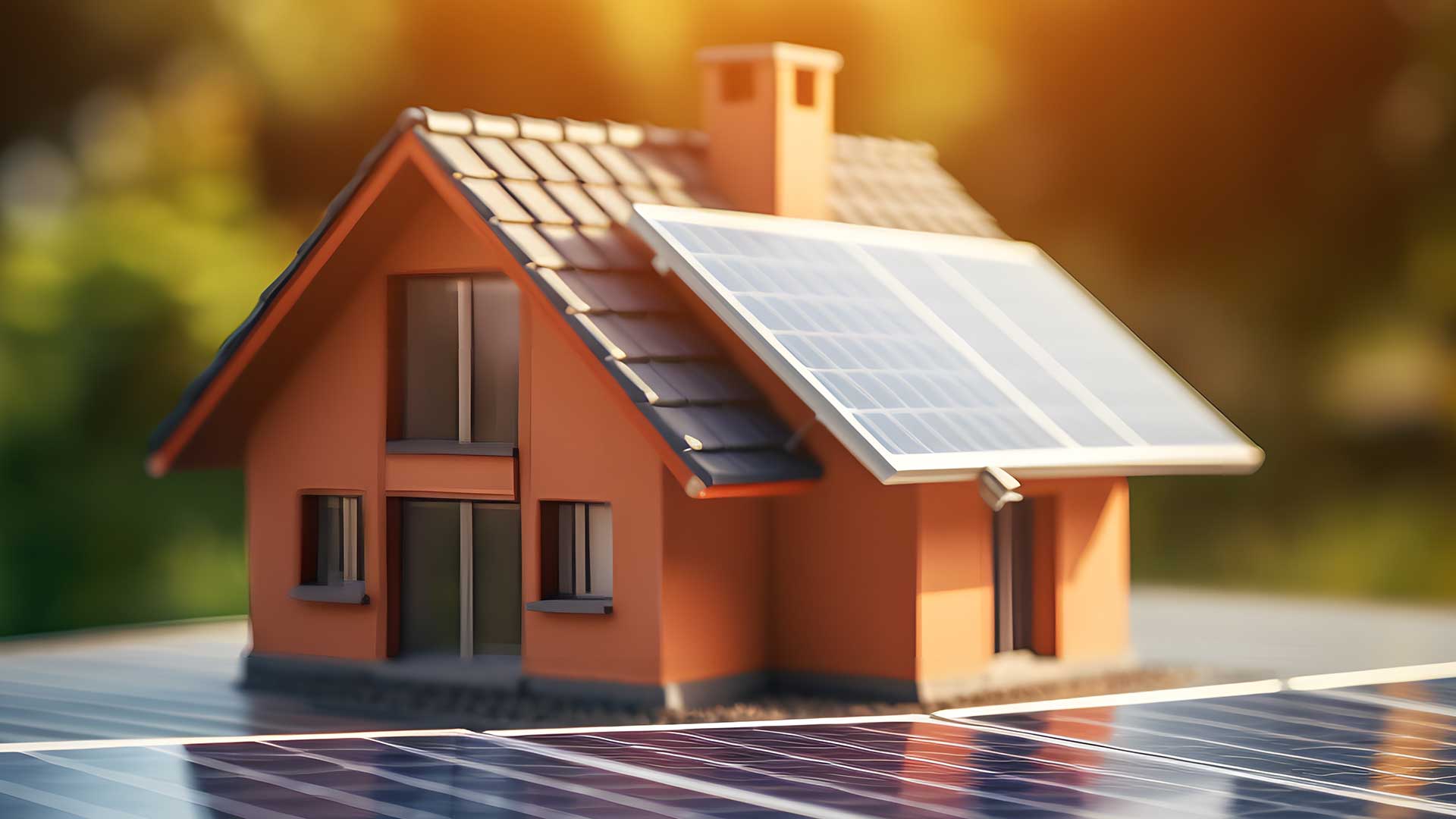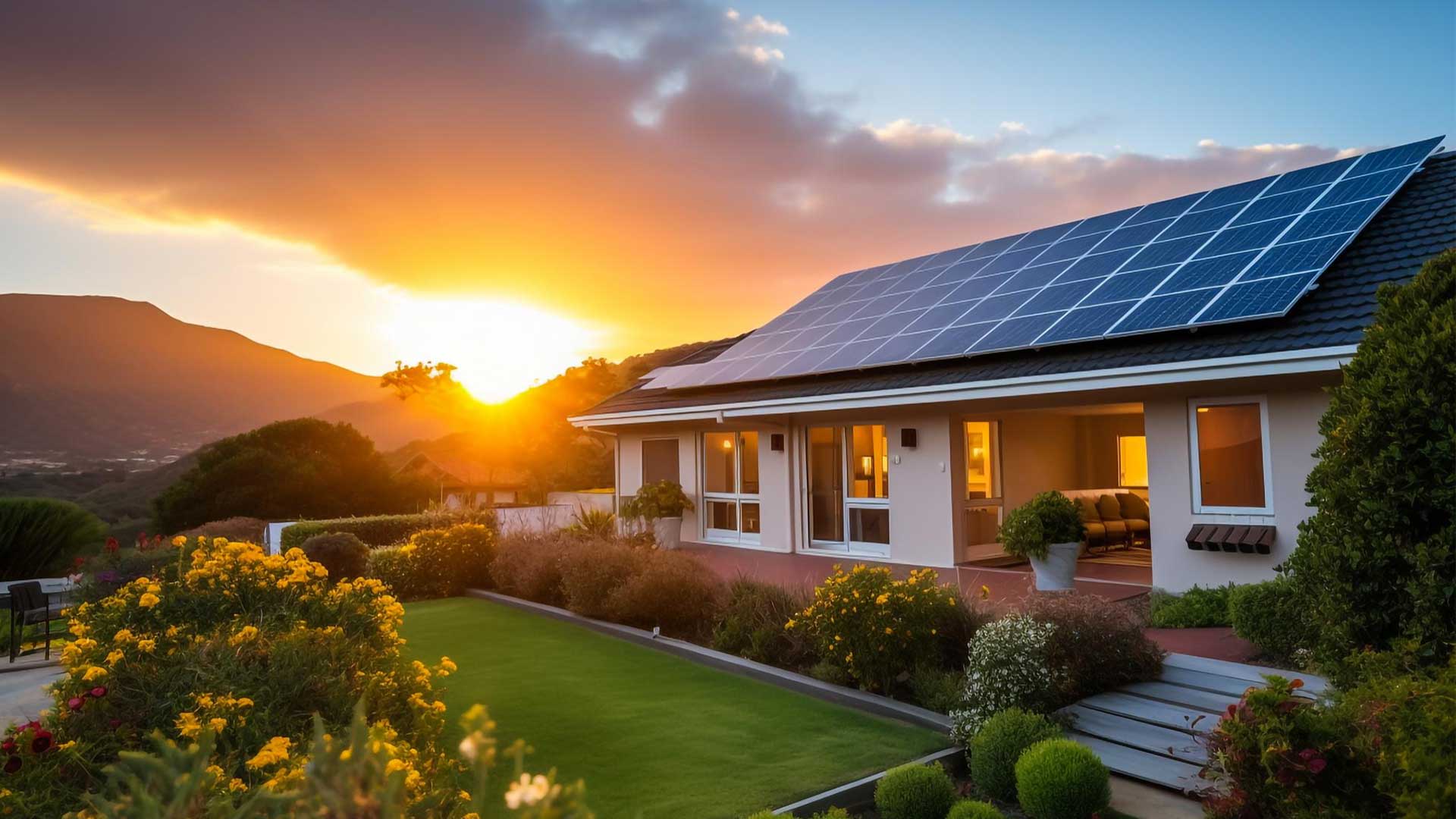Cape Town, South Africa – As Eskom continues to announce significant electricity price hikes, South African homeowners and businesses are increasingly turning to solar energy systems as a viable solution to combat rising energy costs. With the country blessed with abundant sunshine, solar energy not only offers a sustainable alternative but also promises substantial savings on electrical bills, along with reliability that rivals traditional power sources.
The Financial Benefits of Going Solar
The adoption of solar energy systems, comprising solar panels, solar inverters, and lithium-phosphate batteries, is on the rise as South Africans seek ways to mitigate the impact of Eskom’s escalating electricity prices. A typical household can spend a significant portion of its income on energy bills, a figure that is only expected to increase with the utility’s annual price hikes. However, homeowners who have made the switch to solar report dramatic reductions in their monthly electricity expenses.
The initial investment in solar technology can be offset by the savings on electricity bills over time. For instance, a well-designed solar system can reduce electricity bills by up to 90%, depending on the system’s size and the household’s energy consumption patterns. With Eskom’s prices expected to continue their upward trajectory, the return on investment in solar technology becomes even more appealing.
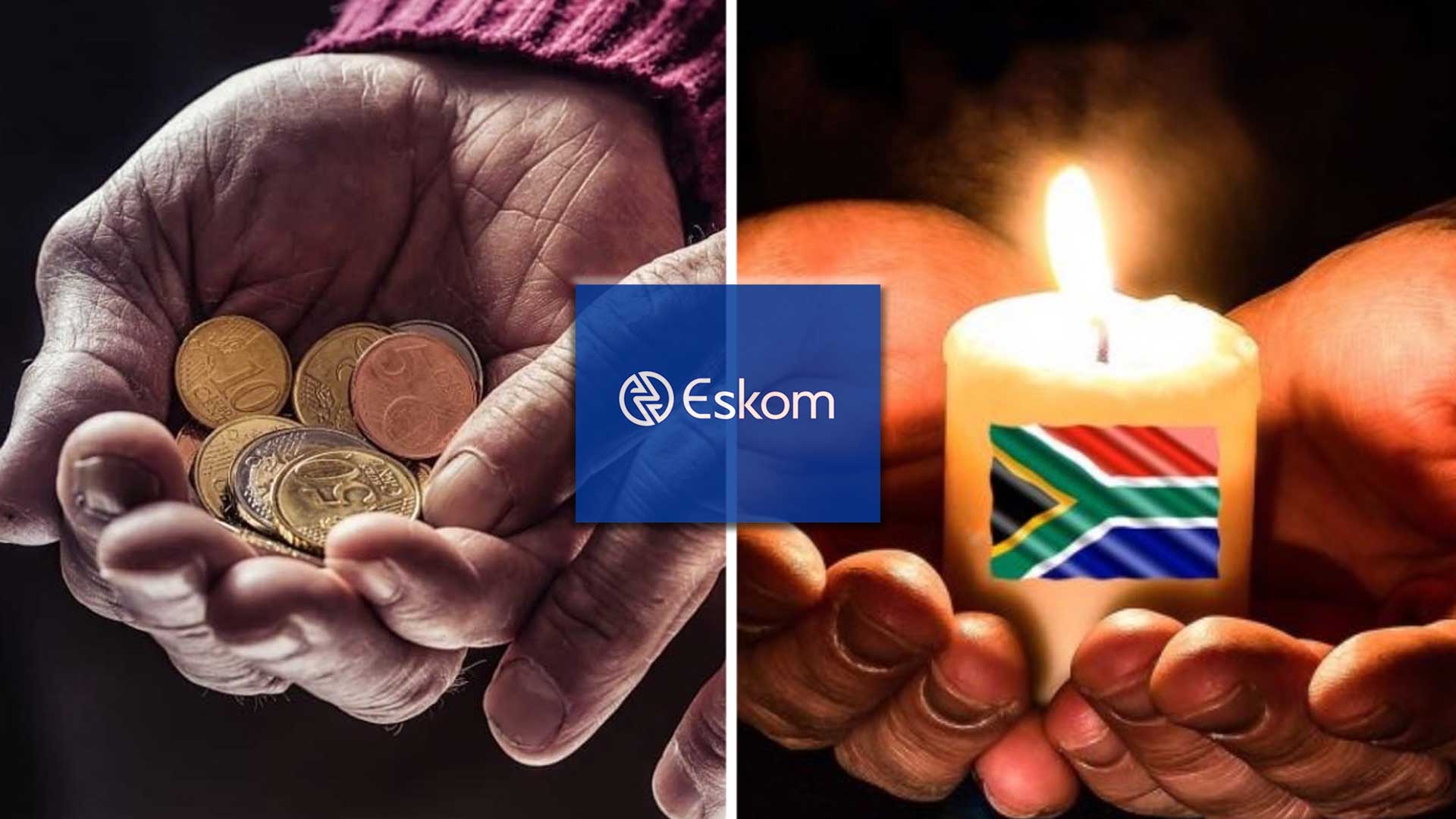
Reliability of Solar Energy Systems
One of the critical concerns for potential solar energy adopters is the reliability of the technology, especially in terms of solar panels, inverters, and batteries. The good news is that advances in solar technology have significantly improved the efficiency and durability of these components.
Solar Panels: Modern solar panels have a lifespan of 25 to 30 years or more, with minimal degradation in performance over time. This long lifespan ensures that homeowners can rely on their solar panels to produce electricity consistently, with most manufacturers offering warranties to back up their product’s reliability.
Solar Inverters: The inverter, which converts solar-generated DC electricity into AC electricity usable by home appliances, is also designed for durability. Most solar inverters come with a warranty of around 5 to 10 years, and with proper maintenance, can last even longer.
Lithium-Phosphate Batteries: For systems that include energy storage, lithium-phosphate (LiFePO4) batteries offer a reliable and safe option. These batteries are known for their long life cycle, high safety profile, and efficiency in storing solar energy for use during peak hours or load shedding. Their lifespan often exceeds 10 years, providing a long-term storage solution for solar-generated electricity.
The South African Context
The shift towards solar energy in South Africa is not just a matter of cost savings or environmental consciousness; it’s also a response to the country’s unique energy challenges. With frequent load shedding and the uncertainty surrounding Eskom’s future supply capabilities, solar energy offers a degree of independence from the national grid. This independence is increasingly valuable to South Africans facing the dual challenges of rising electricity costs and unreliable grid power.
Moreover, the South African government’s commitment to renewable energy, through various incentives and programs, supports the adoption of solar energy. These initiatives aim to encourage more homeowners and businesses to invest in solar technology, reducing the country’s reliance on fossil fuels and lowering its carbon footprint.
Conclusion
In the face of Eskom’s electrical price increases and the ongoing energy crisis in South Africa, solar energy systems present a compelling solution. Not only do they offer significant savings on electrical bills, but the reliability of solar panels, inverters, and lithium-phosphate batteries ensures that this is an investment worth considering. As solar technology continues to advance and become more accessible, it’s likely that an increasing number of South Africans will turn to the sun to power their homes and businesses, embracing a brighter, more sustainable future.
